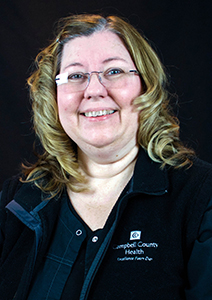
What is Speech Therapy?
Simply put:
speech therapy is the evaluation and treatment of communication and swallowing disorders
performed by speech-language pathologists (SLPs).
Speech therapists treat people of all ages—from infancy to 100+.
A speech therapist can help parents to identify when early intervention
for language development may be needed. They can also treat speech/language/neurological
effects of stroke or traumatic brain injury.
They use evidenced-based practices—treatments determined to be helpful
by study of results—to help to improve a person’s speech,
language, and cognitive performance. It can include treatment of:
- Articulation disorder (the mispronunciation of sounds)
- Communication impairments including aphasia, dysarthria, and apraxia
- Language (language delay in small children)
- Memory difficulties
- Newborn/Infant feeding problems including difficulty with tongue-tie, prematurity,
and failure-to-thrive
- Sensory impairments related to oral function, speech, and swallowing
- Swallowing difficulties(dysphagia) with adults and children
- Stuttering/Cluttering (the inability to maintain fluent speech)
- Voice disorders/Vocal cord dysfunction/Vocal cord injuries
Diagnoses that may be treated by a speech language pathologist:
- ALS
- Amnesia
- Attention –Deficit Disorder
- Auditory processing difficulties
- Autism Spectrum Disorder (primarily pediatrics)
- Bell’s palsy
- Cerebral Palsy
- Cleft lip/palate
- CVA/Stroke
- Delayed milestones in childhood
- Dementia
- Down’s Syndrome
- Executive function difficulties (difficulties with problem solving, planning,
and reasoning)
- Head and neck cancer (swallow and oral motor function)
- Hyper/Hyponasality or voice resonance difficulties
- Intellectual disabilities
- Multiple Sclerosis
- Parkinson’s (swallow, communication, cognition)
- Selective mutism
- Speech and language delay
- Social communication impairment
- Traumatic brain injury
- Tracheostomies
- Vocal cord paralysis
“Wow! I didn’t know that speech therapists do all that!”
is what I usually here from most people when I tell them what all a speech
therapist can treat.
What do you do if you think you may, or you may know someone who may, need
speech therapy? Talk to your primary care provider, explain your symptoms
and ask if a referral to speech therapy may be helpful.
Speech therapy can help! To learn more about the Speech Therapy services
available at Campbell County Health
Rehabilitation Services, visit
www.cchwyo.org/rehab or call 307.688.8000.
Wendy Echols, MS, CCC-SLP, is a speech-language pathologists who sees patients at CCH
Rehabilitation Services at 508 Stocktrail Avenue in Gillette, Wyoming.